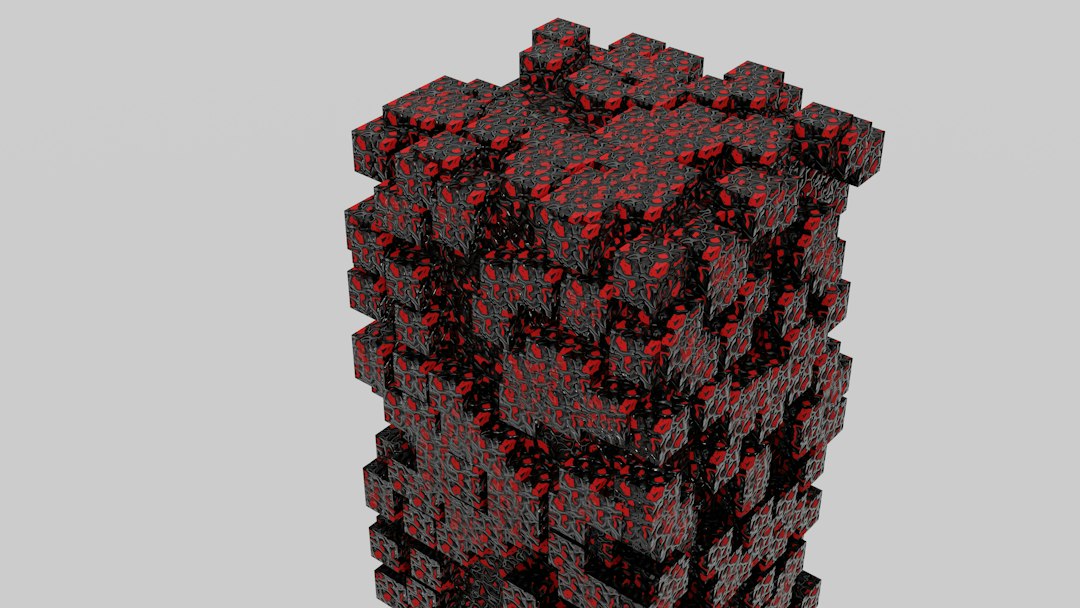The Role of Public Miners in Bitcoin’s Decentralization
The ongoing debate surrounding decentralization versus centralization in Bitcoin mining has been brought into focus by recent data from Hash Index. The data reveals that public miners only account for 28% of Bitcoin’s global hash rate, challenging the belief that miners have central control over the network. Instead, this statistic emphasizes the importance of nodes in the ecosystem.
However, it is important to recognize that potential centralization points still exist within mining pools. Approximately 70% of the network’s hash rate is controlled by private entities. This concentration of power within mining pools raises concerns about security and censorship resistance.
Mining Pools and Decentralization
Decentralization in crypto mining refers to the distribution of computational power and decision-making among a diverse network of participants. When discussing mining pools, decentralization becomes a critical concern. Mining pools are groups of miners who combine their resources to increase their chances of mining a Bitcoin block successfully.
Nevertheless, the concentration of hash power within these pools can introduce centralization. Dominant pools may exert significant influence over the network, raising security and censorship resistance concerns.
Maintaining Decentralization
To maintain decentralization, there needs to be a balance between public miners and private entities in the mining ecosystem. This diversity ensures that power and control are dispersed, reducing the risk of manipulation by a single entity or group. Decentralization is a fundamental principle that enhances the security, resilience, and trustworthiness of the Bitcoin network.
Regional dynamics and the balance between public and private participation will continue to shape the future of Bitcoin mining as it evolves. The concentration of mining power in Texas showcases the state’s appeal to miners due to competitive energy costs and a regulatory framework that accommodates the industry’s needs.
Hot Take: The Importance of Decentralization in Bitcoin Mining
The debate over decentralization versus centralization in Bitcoin mining is ongoing, and recent data highlights the role of public miners and the potential risks associated with mining pools. While public miners only make up 28% of Bitcoin’s global hash rate, concentration of power within mining pools remains a concern. Maintaining a balance between public miners and private entities is crucial for dispersing power and reducing the risk of manipulation. Decentralization is a fundamental principle that enhances the security and trustworthiness of the network. As Bitcoin mining continues to evolve, regional dynamics and the balance between public and private participation will shape its future.





 By
By
 By
By
 By
By
 By
By

 By
By